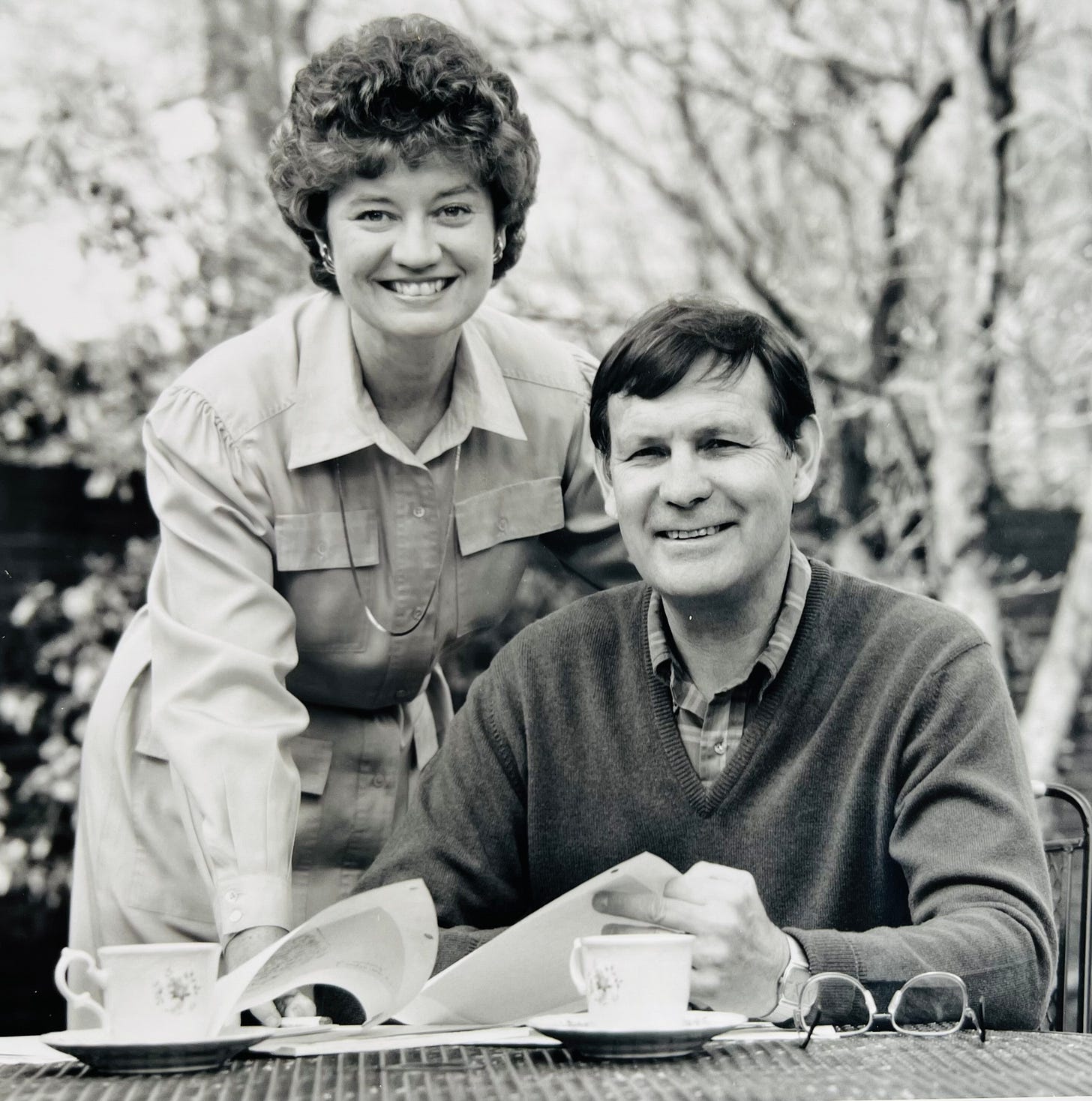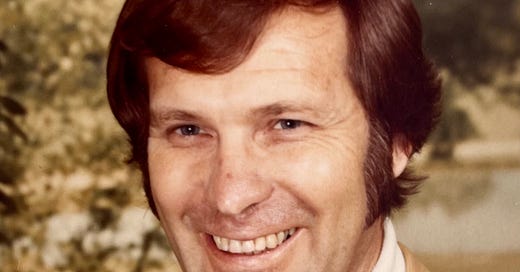Here at the last weekend of Black History Month 2023, two thoughts this morning – one about our cultural calendar, the other a fond memory of a favorite professor who was a trailblazer in his day.
First, why is it we set aside only one month on our calendar to remember the important stories of African Americans and their roles in the dynamic shaping of our nation? In vital ways, theirs were the first stories and help explain the most about life today in the United States.
After all, the relevant story of America is not only a military history of Valley Forge and of George Washington crossing the Delaware – but also of other crossings like the “Middle Passage” even earlier that transported enslaved humans across the Atlantic Ocean, of Reconstruction and its failures, and of Congressman John Lewis and how he was wounded, arrested and jailed many times.
A one-month observance seems to me almost trivializing now. (It ought to be a steadier year-round observance of all our modern-day diversity.) Nor can the full story be contained in one book or event nor a single college course, its meanings being so much more fundamental to understanding life in America today.
This also put me in mind of one of my favorite college professors, Dr. Bart McCash at MTSU, who tried hard in the late 1960s to introduce to me and other young undergrads a grasp of the sweep of Black history.
McCash was reared in Wilmington, Delaware, where he was a standout basketball player in high school. He came to Tennessee by way of Georgia. (His family had relocated to Atlanta where his father worked for the Coca-Cola Company.) Then college at the University of Georgia, where he also earned his Ph.D. degree in American history.
McCash joined the MTSU history faculty in 1961. He was named “Outstanding Teacher of the Year” in 1968, and became chair of the History Department in 1989. He published many scholarly articles and also two books, one of them a proper 356-page biography of a Confederate general titled Thomas R.R. Cobb: The Making of a Southern Nationalist. The other book, co-authored with his professor wife Dr. June McCash, is a history of Georgia’s Jekyll Island Club.
I met him in 1969 when I signed up for his upper-level course on African American history. (In the university catalog from that year the course title was given as “The Negro American” reflective of earlier terminology in that day. The course description went on to state: “A study of the changing role and status of the Negro in American life and his contributions to the culture and institutions of the United States.”) In any case, I was soon impressed with McCash’s enthusiasm for both scholarship and teaching, and his gift for engaging young minds.
I remember the first day of this course. The class met on the second floor of what was then still called the “New Classroom Building,” a modern structure erected importantly at the very center of the old Murfreesboro campus. The NCB held faculty offices and classrooms of the English and History departments. (I was majoring in English, minoring in History.)
Ours was a small class of maybe 20 undergraduates. I also clearly remember how the young professor entered the room, toting a heavy armload of books.
“Ladies and gentlemen, good morning. I am Bart McCash,” he announced. “This semester, we are going to read these ten books.”
I may have gasped. What had I gotten myself into? I already had a full load of required reading that term – on top of my work editing the student newspaper. I was also working nights and weekends at The Tennessean newsroom in Nashville. How much more reading, I wondered, can a person take?
Well, plenty, as it turned out, if you were willing to absorb the subject matter. Thirteen weeks later, I had become a believer in the McCash model of immersive reading. By semester’s end, he had imparted an appreciation for all the ten authors. Now, a half-century later, I treasure many of those titles on my bookshelf at home, including these:
From Slavery to Freedom, A History of African Americans, by John Hope Franklin.
The Souls of Black Folk, by W.E.B. DuBois
W.E.B. DuBois: Negro Leader in a Time of Crisis, by Francis L. Broaderick.
Black Moses: The Story of Marcus Garvey and the Universal Negro Improvement Association, by Edmund David Cronon.
Narrative of the Life of Frederick Douglass, by Frederick Douglass.
Soul on Ice, by Eldridge Cleaver.
Black Power: The Politics of Liberation in America, by Stokely Carmichael & Charles V. Hamilton.
The Autobiography of Malcom X, by Alex Haley (FYI, Haley would not publish his most famous masterwork Roots: The Saga of an American Family, a novel and the basis of the blockbuster TV mini-series, for another eight years. Otherwise, I imagine McCash might have accorded it a similar place of honor on his required reading list.)
Sad to say, when I first took my seat in McCash’s class that morning, this son of the South had not yet encountered any of them.
There was also no mention at all of “critical race theory,” the much newer label that Republican politicians now swing like a cudgel to anger and alarm their voters about all our schools from elementary to postgraduate. The worst of their rhetoric is a crude push-back against the teaching of African American history anywhere. These critics in our day seem hardly conversant in what the phrase even means, let alone the importance of McCash’s canon.
I like to think he would have considered that kind of blind stance utterly foolish.

Sadly, McCash died of cancer in 1991, when he was only 59 years old. I would so love to sit down with him now and ask a couple hundred questions about his groundbreaking early course at MTSU. Did he run into any official resistance from administrators on our conservative southern campus? Was there push-back from the university administration or from within his own department, or maybe both? Were there any harrumps from the state capitol just 35 miles up the Nashville Highway?
If so, McCash certainly persisted and prevailed, and my classmates and I were blessed that he did.
In my lasting memory, he became a hero of our age. People like me emerged from his classroom and from our Murfreesboro campus much better informed about our world, how it came to be, and how America is very much a story of struggle yet unfolding.





Keel, I too remember Dr. McCash from the early 1970's at MTSU. I believe I took a Tennessee History course under him and remember that his main concentration was black history as it pertained to the Civil War. I always enjoyed his lectures. I have also enjoyed your Field Notes on the current Legislature and what is happening in Nashville and Middle Tennessee. Now that I live in New Jersey, it is nice to hear your take on current events. Keep up the good work!!
Tom Jaynes, South Orange, New Jersey
Keel, those same books were on my bookshelf from my college years. The bookshelf has expanded over the years as a result of the scholarship and thought that has developed over the years. The more recent book that was a revelation to me is The New Jim Crow by Michelle Alexander. As a lawyer, I failed to appreciate how much white supremacy was baked into our legal system. Thanks for sharing your experience with Dr. McCash.